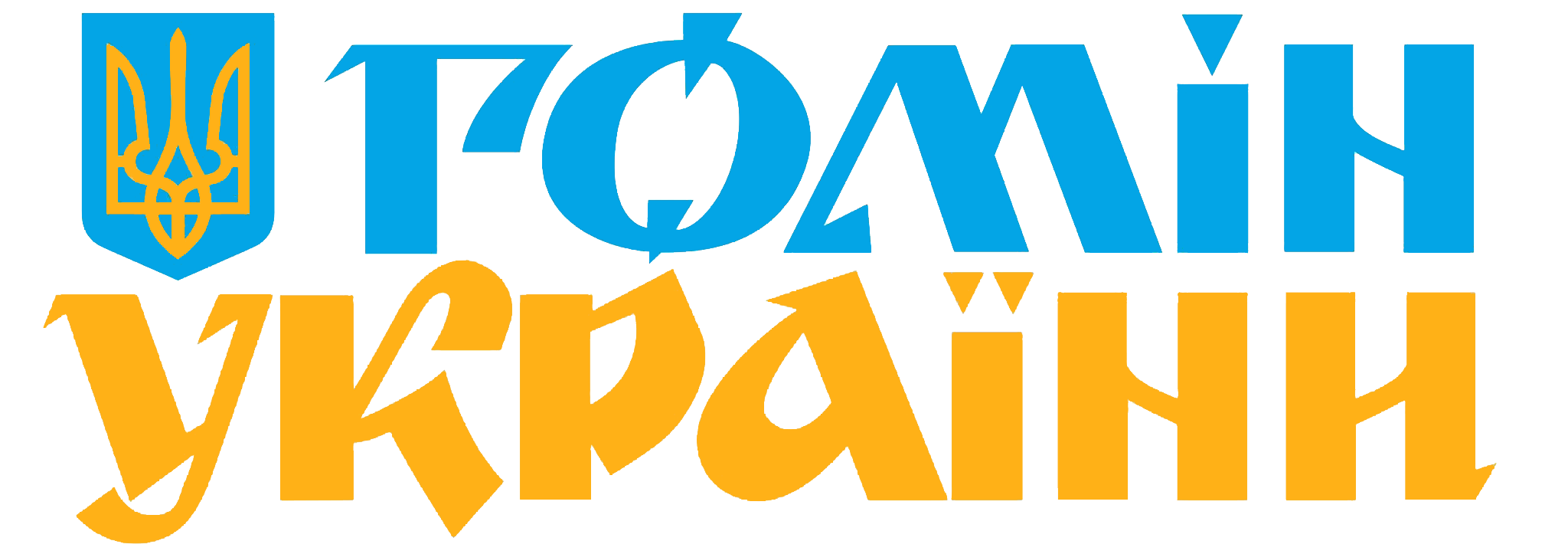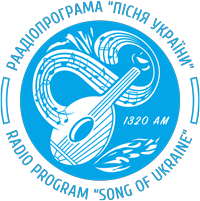Who arrived and why the level was lowered at the last moment
Negotiations are taking place in London on April 23 with the participation of Ukrainian, American and European delegations. The parties are discussing US proposals for a peaceful settlement of the Russian-Ukrainian war.
The status of these meetings was lowered because US State Department head Marco Rubio did not arrive here. US special envoy Steve Witkoff also did not arrive in London.
The British government reported that the talks were lowered in level. British diplomats said they did not fully understand why Rubio and Witkoff canceled their visit.
Instead of Witkoff and Rubio, Trump’s representative for Ukraine, General Keith Kellogg, arrived for the talks, who called these talks “technical meetings.” He will meet with representatives of the UK, France and Germany, while Ukraine will be represented at the talks by Foreign Minister Andriy Sybiga, Defence Minister Rustem Umerov and Chief of Staff Andriy Yermak.
US Secretary of State Rubio will instead focus on talks in Moscow next week.
Why Rubio did not come
The US State Department cited logistical reasons for cancelling the visit, but it is clear that the decision was made at the last minute. This has put the British Foreign Office in a difficult position.
On Tuesday evening, April 22, Marco Rubio spoke with British Foreign Secretary David Lemmy, expressing hope that the meetings in London will be “meaningful and good technical talks”. He said he would come to the UK in the coming months.
There is an assumption that Rubio’s trip was canceled because the Americans believe that they have nothing new to say after the last meeting in Paris.
Another version is that the Americans realized that the Ukrainians would probably reject the latest ceasefire plan from the United States, and did not want to hear a rejection.
The White House announced that Witkoff would travel to Moscow this week for his fourth meeting with Russian President Vladimir Putin.
Ukrainian ministers and Yermak
It was previously assumed that Donald Trump’s new peace plan would be discussed in London.
Despite the downgrade in status, the Ukrainian Foreign and Defense Ministers Andriy Sybiga and Rustem Umerov still arrived in London for the meeting. They are holding talks with their British counterparts: Foreign Minister David Lemmy and Defense Minister John Healy.
The Ukrainian Foreign Ministry reported that the parties are discussing ways to strengthen Ukraine and ensure long-term peace and security.
Head of the Office of the President of Ukraine Andriy Yermak said that the Ukrainian delegation is ready to discuss “ways to achieve a full and unconditional ceasefire as the first step towards a full-fledged settlement process and achieving a just and sustainable peace.”
What is being said in Moscow
Journalists asked Kremlin spokesman Dmitry Peskov to comment on the meeting in London on a peaceful settlement in Ukraine.
“No summit was planned in London. I don’t know what you are talking about. The summit is a meeting at the highest level. In London, we are talking about a meeting of envoys from the United States and Ukraine so that the United States can continue its mediation efforts,” Peskov said.
“As far as we understand, we have not yet managed to reconcile positions on certain issues. Therefore, the meeting has not taken place yet,” the Kremlin representative added.
Negotiations and a new plan
All this is happening against the backdrop of a report in the Financial Times that Russia is allegedly ready to stop the invasion and give up claims to territories it does not currently control.
In exchange, the Russians want the US to recognize the annexation of Crimea.
Kremlin spokesman Dmitry Peskov denied the report, telling state media that “there are a lot of fakes being published now.”
Ukrainian President Volodymyr Zelensky said he had not received any such proposals and rejected the idea of recognizing Crimea as Russian territory.
In a comment for the Today program on BBC Radio 4, Yuriy Sak, an adviser to the Ministry of Strategic Industries of Ukraine, said it was “unproductive to discuss” such reports and added that expecting Ukraine to change its position on “untouchable” issues such as Crimea was “naive.”
Sack noted that Ukrainian negotiators arrived in London with a “very clear and narrow mandate” – to achieve a ceasefire that “will pave the way for further negotiations.”
Putin announced a temporary ceasefire for Easter, but British military intelligence has not recorded any signs of a decrease in attacks.
“Although Putin announced an Easter truce – he violated it,” said the British Defense Minister John Healy in parliament.
“Although Putin says he wants peace – he refuses a full ceasefire. Although Putin says he wants to end hostilities – he is only stalling for time in negotiations,” said the British minister.
On April 23, a Russian drone hit a bus in the city of Marganets in the Dnipropetrovsk region. Nine people are known to have died. Poltava was shelled at night. Once again, Kharkiv and Odessa are being shelled every night.
What’s next
Analysis by BBC correspondent Sviatoslav Khomenko
Perhaps someone really got the impression that after the strange scene in the Oval Office and the subsequent crisis in Ukrainian-American relations, Kyiv would come to the conclusion that stubbornness in negotiations with Washington is more expensive for itself, and in the future it will avoid any confrontation at all costs.
However, the failure of the negotiations in London demonstrated that Ukraine is still capable of saying “no” to the States.
The “Trump plan”, the presentation of which, by the way, was expected on the first day of his presidential term, turned out to be more like a statement of Russian “NATO goals” than a set of mutual concessions.
Therefore, Kyiv’s reaction is not really surprising. Ukraine’s losses in case of agreement to this “plan” are obvious – both for the state in general and for Volodymyr Zelensky in particular.
The benefits — in a situation where the plan does not provide any security guarantees for Ukraine, and the Americans, apparently, will cut off military aid to Kyiv in any case — are extremely difficult to find. And in general: even if Ukraine agreed to the “Trump plan,” who will guarantee that Moscow would respond with the same agreement? That Putin will not return to his usual formula “We are for it, but…”, followed by a list of new demands — from Ukraine’s refusal of four regions to the same demilitarization?
So, the logic of Kyiv’s actions is quite understandable. The only question is what will happen next.
Are the Americans really leaving the “Ukrainian track,” thereby effectively recognizing Trump’s first foreign policy defeat and voicing the obvious truth that he is not at all the most outstanding negotiator in the world? Will they still return with a more adequate proposal for Kyiv?
Will the Europeans make every effort to replace the US in the issue of military assistance to Ukraine? Will they try to build bridges between Kyiv and Washington? Or will they withdraw into themselves, preparing for the storm that awaits Europe after America’s withdrawal from the Old World?
Now it seems that the most unpredictable turns are possible in this plot. For example, it may turn out that the most important negotiations on European security will not be held in London or Saudi Arabia, but… on the grounds of Pope Francis’ funeral, where Donald Trump, key European leaders, and Volodymyr Zelensky will arrive.
“BBC-Ukraine”






